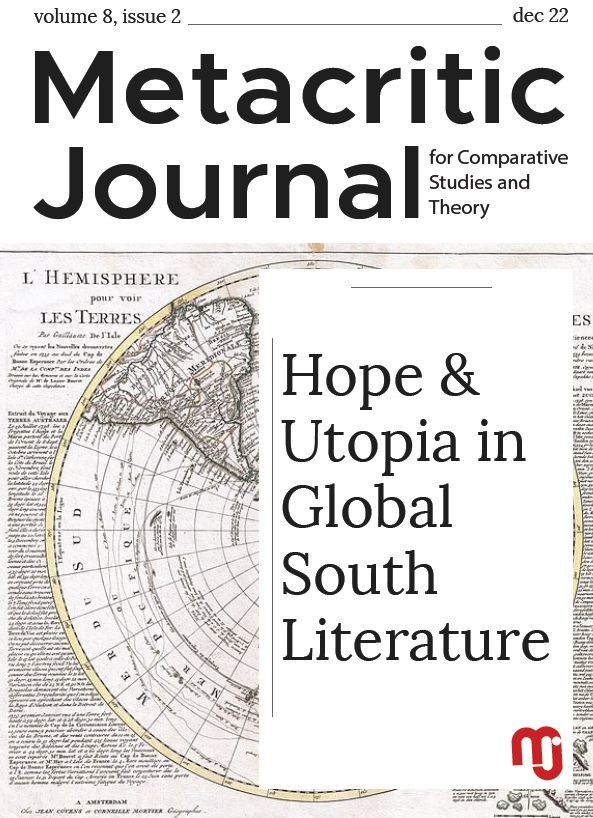Bioprecarity, Disposability, and the Poetics of Hope in Swarga
Bioprecarity, Disposability, and the Poetics of Hope in Swarga
Author(s): Om Prakash DwivediSubject(s): Language and Literature Studies, Studies of Literature, Social Philosophy, Comparative Study of Literature
Published by: Universitatea Babeş-Bolyai
Keywords: bioprecarity; hope; neoliberalism; Global South; Swarga;
Summary/Abstract: This article conceptualizes the everyday existential crisis of man, nature, including the planetary life as bioprecarity. It looks at the neoliberal capitalist economy that renders bios precarious. The bios incudes humans, more-than-humans, and natural resources in the Global South, available for value-generation of a select few. The article argues that disposability of bios triggers and expands neoliberal economy, thus turning entire life forms on the planet precarious. This horrendous task of erasing life-sustaining conditions and strengthening value-generation process can be abundantly found in Ambikasutan Mangad’s novel, Swarga (2017), which narrates the precarious man-nature relationship as a result of the extractive forces of neoliberalism. In the last section of the article, I turn to Phillip E Wegner’s conceptualization of “close-critical reading” paradigm as a poetics of hope in these dark times, thus highlighting how hope nourishes the fight of Enmakaje people against the capital-state complex.
Journal: Metacritic Journal for Comparative Studies and Theory
- Issue Year: 8/2022
- Issue No: 2
- Page Range: 13-28
- Page Count: 16
- Language: English

